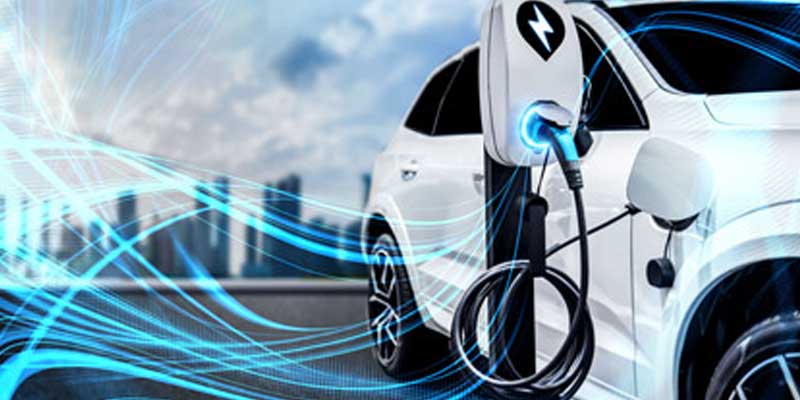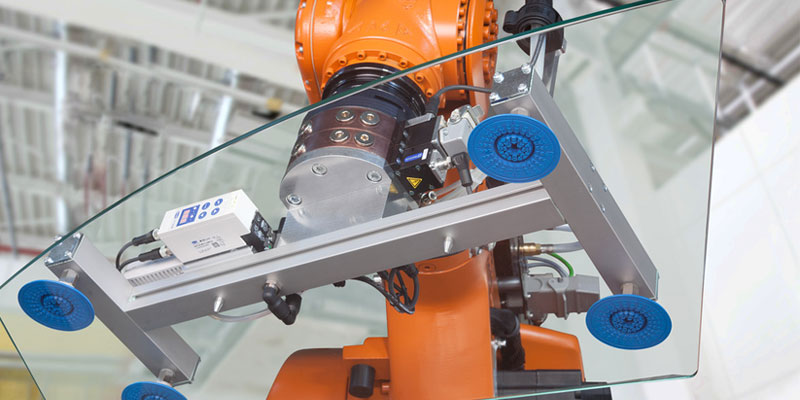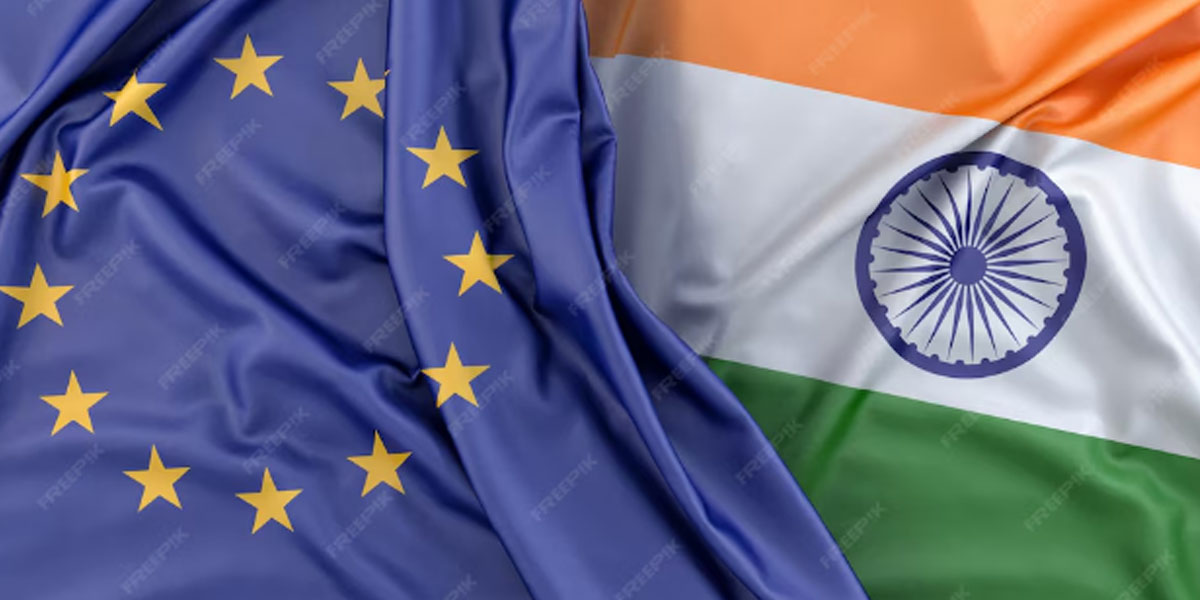Schedule a Call Back
India pursues unified battery-swapping standards for Electric Vehicles
 Industry News
Industry News- Sep 13,23

Related Stories

Air-Saving Vacuum Ejectors Cut Energy Use by Up to 90% in Automotive Plants
Air-saving vacuum ejectors are helping Indian automotive manufacturers reduce energy costs, cut carbon emissions and achieve rapid ROI while ensuring reliable, zero-defect production, shares Rajesh ..
Read more
India’s Manufacturing Mission: What Make in India Got Right and Wrong
A decade after its launch, Make in India shows sectoral progress but structural gaps remain. As global manufacturing turns VUCA, the next phase must focus on value addition, jobs and ecosystems, say..
Read more
India–EU FTA: Gains on Paper, Tests on the Ground
The India–EU Free Trade Agreement expands market access across goods, services and mobility, but its impact will hinge on regulatory alignment, carbon costs and execution, writes Rakesh Rao.
Read moreRelated Products

Automotive Oil Pump
Kalpak Auto Pvt Ltd offers a wide range of
automotive oil pump.
Tata Motors unveils facilities for development of Hydrogen propulsion tech
Tata Motors, India?s largest automobile company, unveiled two state-of-the-art & new-age R&D facilities for meeting its mission of offering sustainable mobility solutions. The unveilings constitute of Read more
Tata Motors plans petrol powertrain for Harrier and Safari SUVs
Tata Motors is in the process of developing a new petrol powertrain for its premium sports utility vehicles, the Harrier and Safari, as confirmed by a senior company official. Currently, these models Read more















